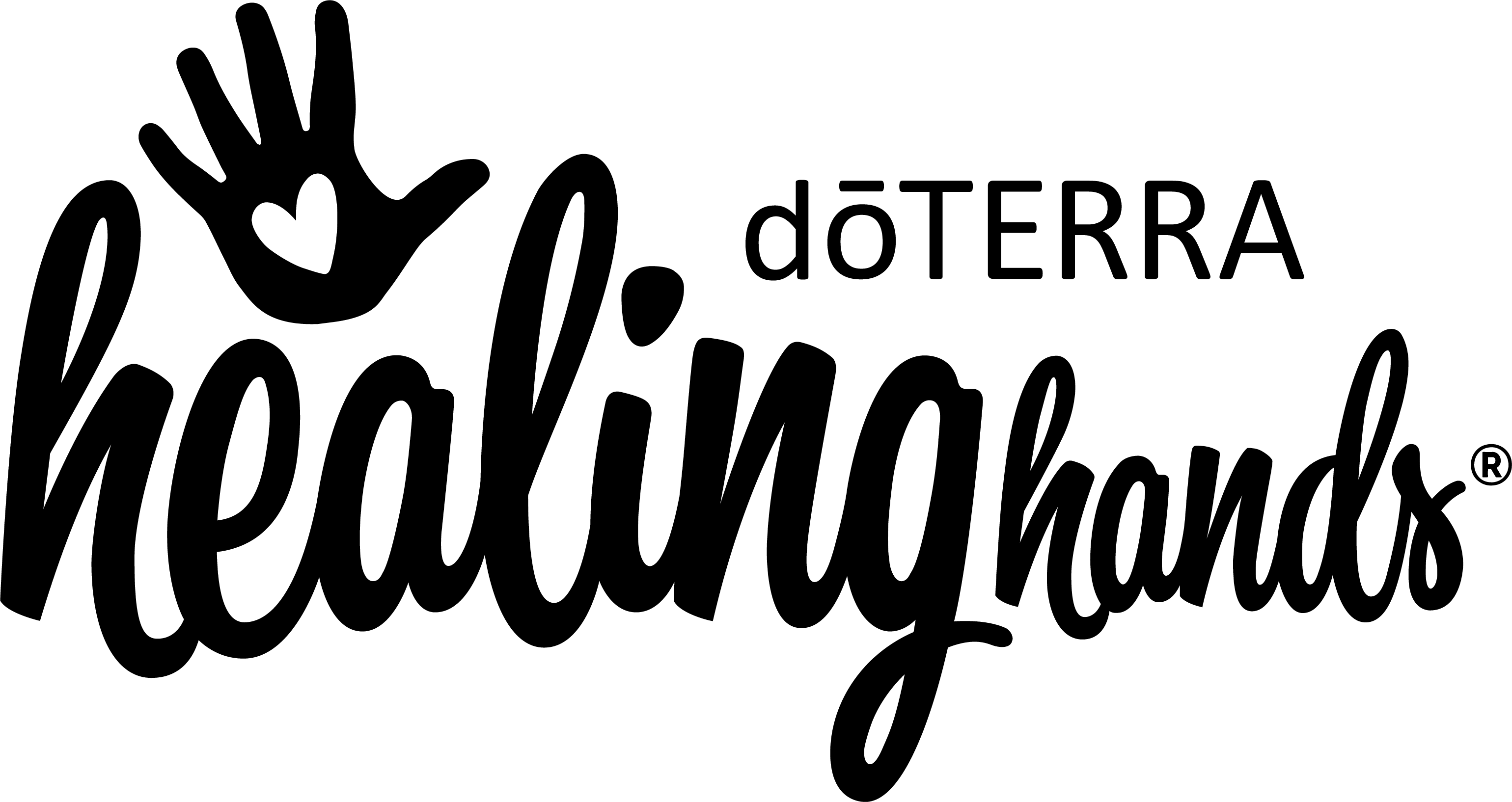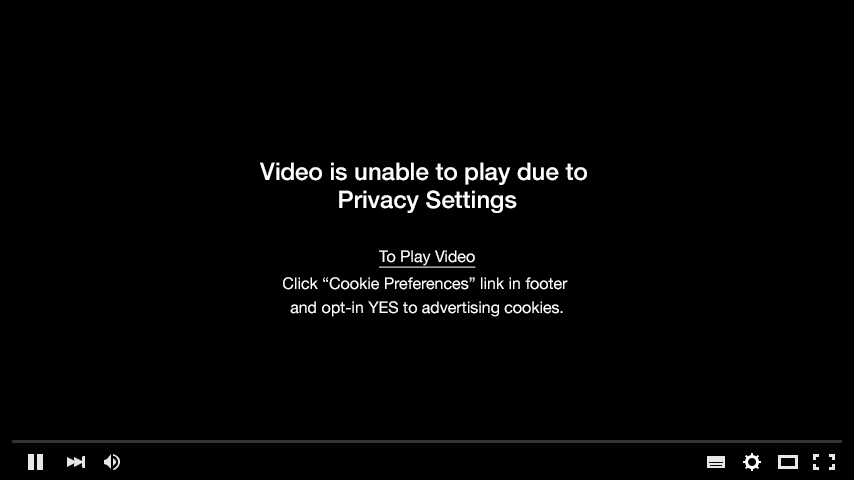Empowering Women
Globally, 39% of rural girls are unable to attend school (oftentimes because they’re fetching water), and women who work invest 90% of their income back into their families. Women in developing countries are also 25x more likely to die during childbirth than women in developed countries. Empowering women to get an education, pursue a career, and meet their healthcare needs is work worth doing.
Passionate about Empowering Women?
Check out these ways you can Engage In Good at home. Or, take a look at the stories below for examples of how we’ve supported Empowering Women projects around the world.
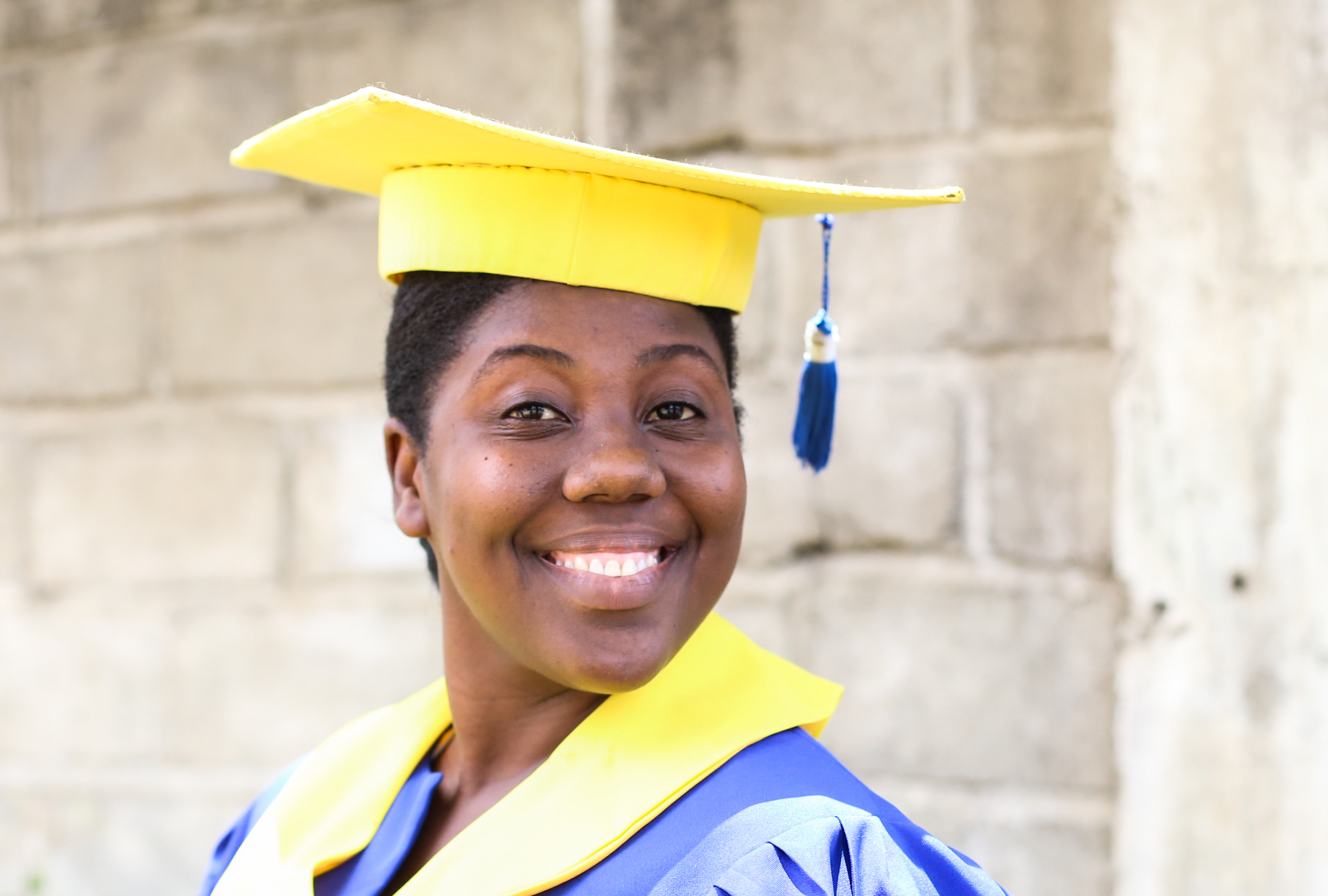
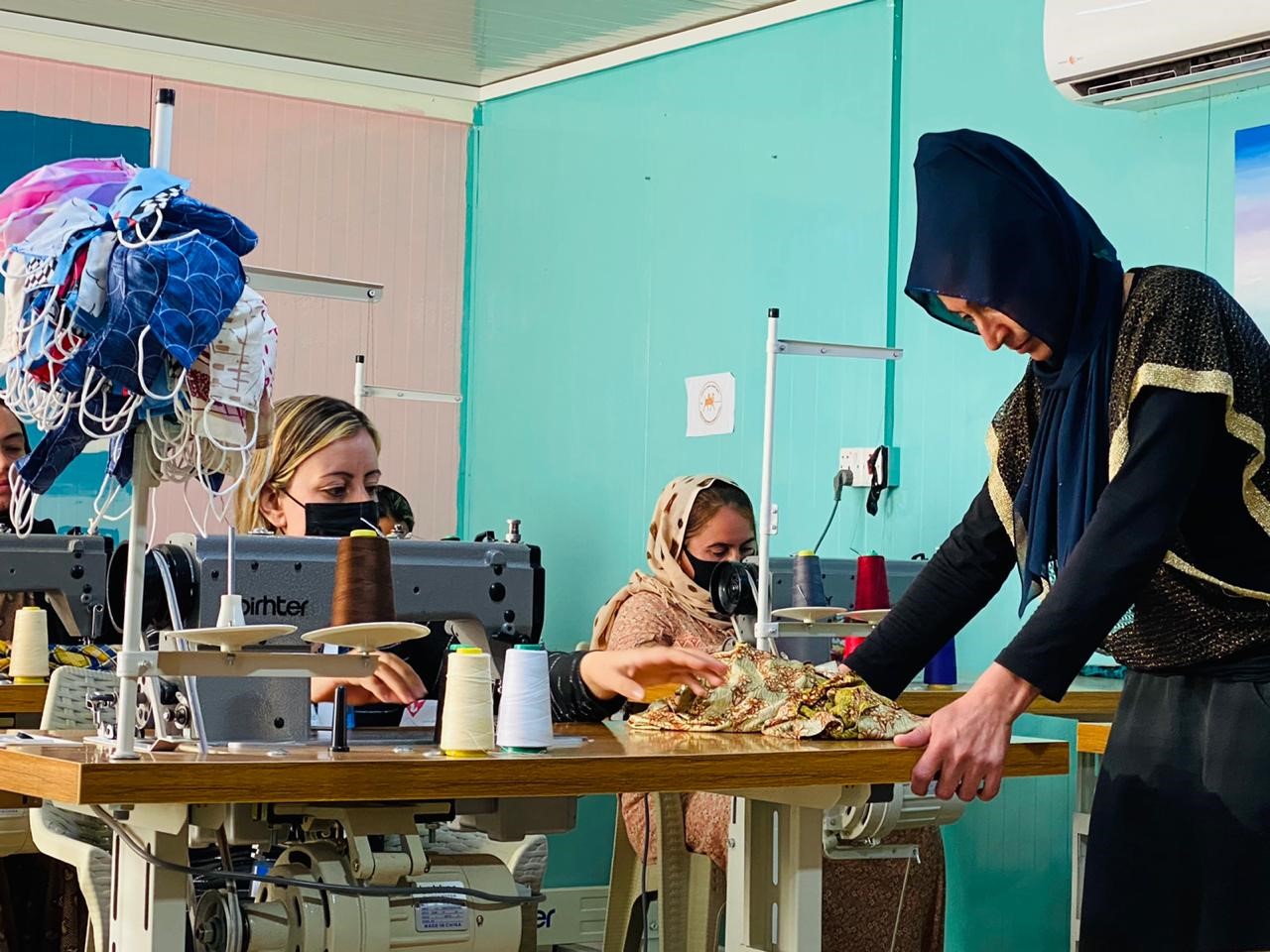

Building a Sanctuary
On August 3, 2014, ISIS invaded Sinjar, Iraq. They separated Yezidi women from their husbands, who were shot and shoved into mass graves. The women were divided up by age and salability, and then carted off to slave markets in Mosul and Raqqa. There, they were sold into a cycle of rape, abuse, torture, and resale. Some of the youngest women—just barely teenagers—were raped multiple times over their first two days in captivity and dozens to even a hundred times since.
A shelter in the Shariya camp in Iraq—created by the Springs of Hope Foundation—exists for women fleeing the state. While living in Israel, Wellness Advocate Kara Blattman-Rock from New Mexico connected with Lisa Miara, founder and president of Springs of Hope Foundation. Lisa has been working with the Iraqi Yezidi community for the past six years. Together, Kara and Lisa began teaching the women at the shelter how to use essential oils.
Before the war, Shariya was home to 10,000 people. Now, 20,000 locals and 20,000 Yezidi refugees reside there. To support this influx of refugees, the Shariya mayor donated land to the Springs of Hope Foundation to build the Hope Centre. Its purpose is to create a safe place for the Yezidi refugee women to gather and work. These women need education, employment, job security, and the chance to open and run small businesses so they can support themselves and provide educational opportunities for their children.
When the mayor announced his plan to donate land for the Hope Centre, Kara and Lisa—with support from Diamond leaders Erika Butler and Rick Henrard—reached out to the dōTERRA Healing Hands Foundation® to match their fundraising efforts. Thanks to the combined efforts of Kara, Lisa, the Springs of Hope Foundation, and the dōTERRA Healing Hands Foundation, the Hope Centre is now built and open. The Hope Centre is furnished with worktables and sewing machines, creating a space for Yezidi women to design and make material goods and clothing so they can provide for their families and find healing through creativity, beauty, and empowerment.
The Hope Centre is beautifully furbished with art, gentle music, and readily available food. In this supportive environment, the women are learning quickly and healing wonderfully. Lisa says, “They’re learning to break away from sewing black ISIS uniforms, and now using bursting color as their imaginations are allowed to develop and break out.” The Springs of Hope Foundation is planning a fashion show on International Women’s Day in March 2021, where the women will showcase what they’ve designed.
After six years of living in a crowded refugee camp and fighting for survival, these refugee women now have the Hope Center, which provides a sanctuary while empowering these women to build their own bright futures.
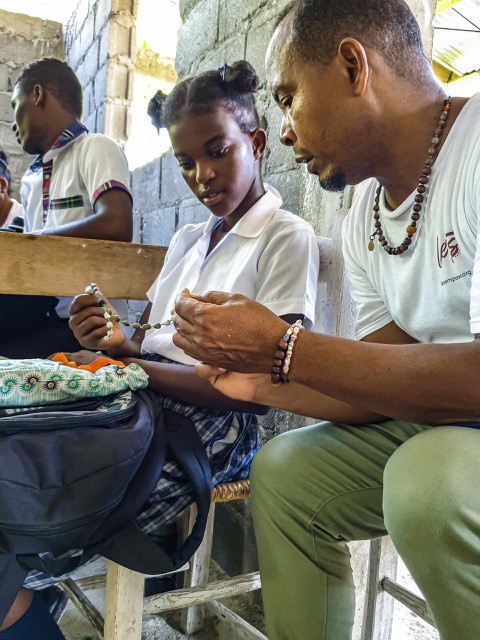
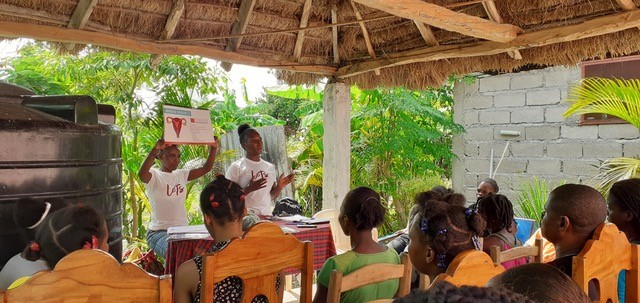
Living for Today, Planning for the Future
While many organizations working in Haiti have had to shut their doors during the COVID-19 pandemic, Lunar Essential Tracking System (LETS) actually experienced massive growth. LETS’s mission is to ease pain and provide hope by preventing unwanted pregnancies and increasing quality of life. As a result, their model supports efforts to end human trafficking, child poverty, and abuse.
LETS provides tools and education for fertility cycle tracking to communities in Haiti, as well as other parts of the world. Many communities have seen a rise in incidents of unplanned teen pregnancies during the pandemic crisis. Therefore, education from LETS has been critical along with their efforts to teach vital health and hygiene education to ensure the communities they serve stayed healthy during the pandemic.
Globally, many communities have seen a rise in incidents of teen and unplanned pregnancies during the pandemic crisis. LETS recognized a growing need for more fertility education in Haiti, expanding their program despite challenges posed by the pandemic crisis.
While the rest of the world seems to be closing doors and going virtual, the LETS teams persisted in their mission. They pivoted where needed and continued safely operating at near full capacity, even opening more doors than ever through community development and education.
A donation from the dōTERRA Healing Hands Foundation® helped LETS safely keep operations open, as well as expanding their educational program in Les Cayes, Haiti. Since June, more than 400 women, men, and youths (nine years of age and older) have received education, LETS bracelets, and follow-up support.
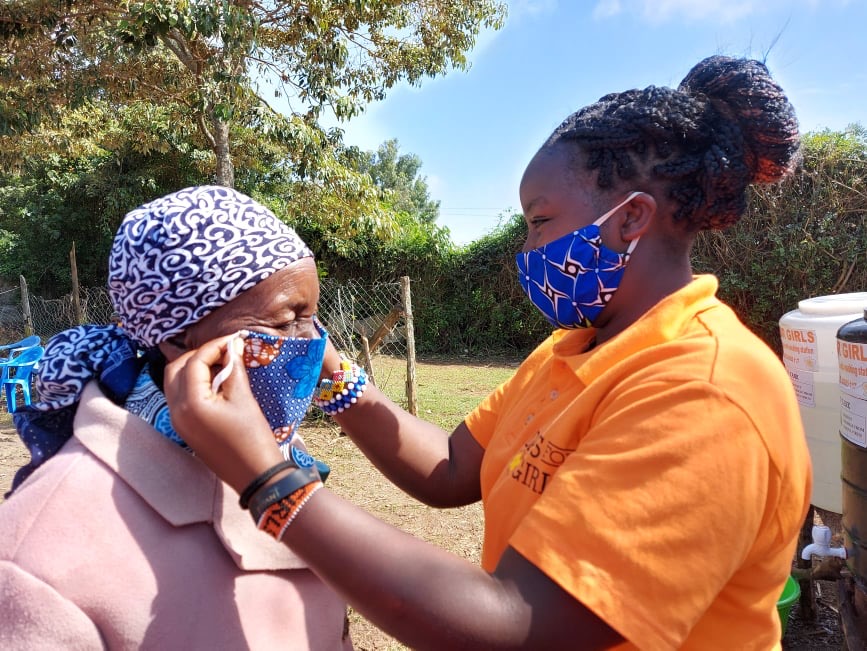
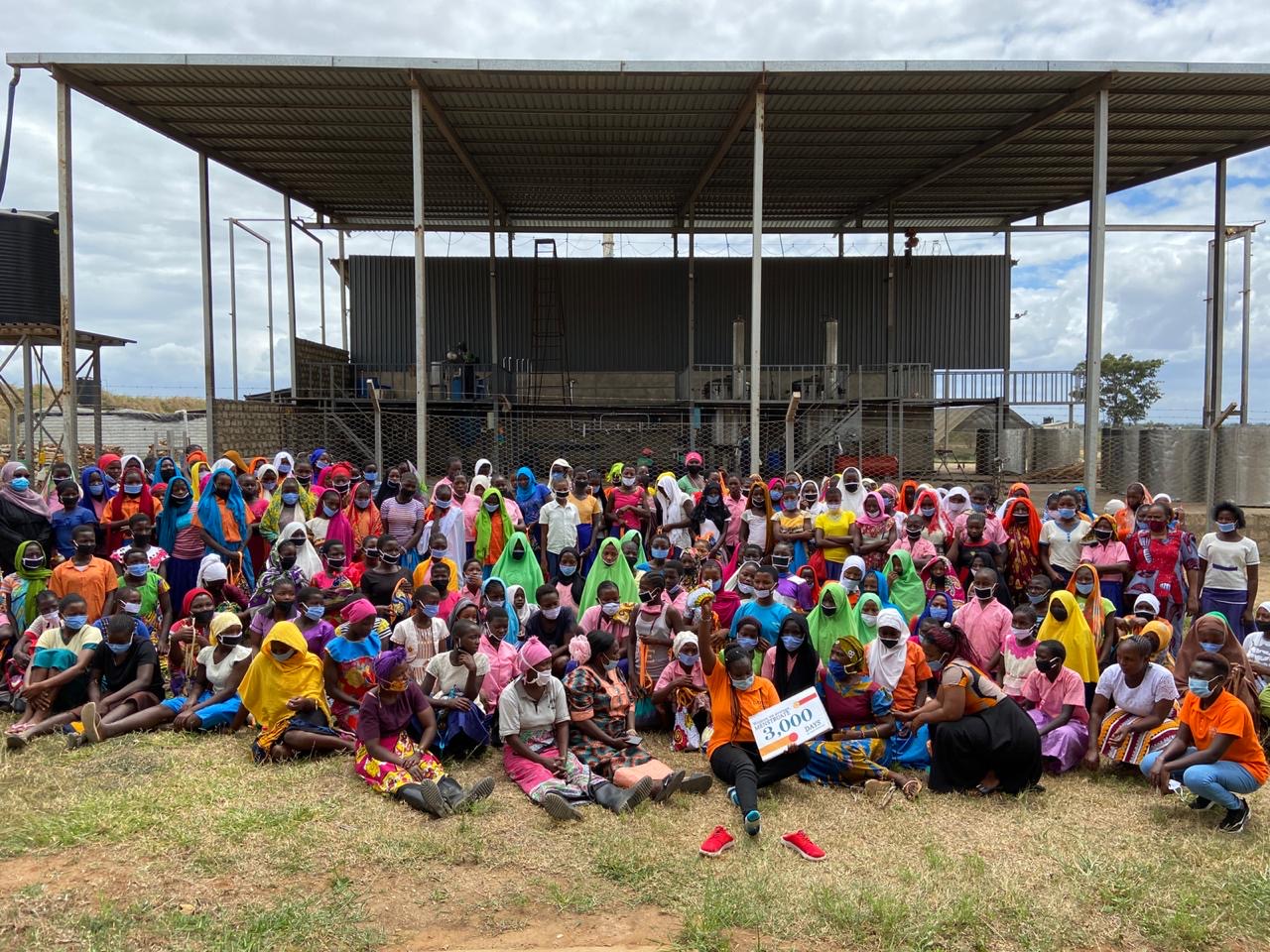
Celebrating 10 Years of Women Empowerment
dōTERRA® was founded in 2008, and, along with the founding, came the mission to change the world one drop, one person, one community at a time. During that same year, Celeste Mergens was working with a family foundation in the outskirts of Nairobi, Kenya, where the orphanages were over capacity because of historic familial violence in the area.
Just before returning from Nairobi, Celeste found that girls were sitting on cardboard boxes for several days each month—often going without food—during menstruation. With her eyes opened to situations like this worldwide, Celeste created Days for Girls International, seeking to empower women and girls by providing access to and education about feminine hygiene supplies.
In 2015, the dōTERRA Healing Hands Foundation® partnered with Days for Girls in the hopes of furthering their mission of empowering women in communities throughout the world. Today, Days for Girls, with support from the dōTERRA Healing Hands Foundation, has changed the status quo for more than 1.8 million girls and women in 144 countries through menstrual care solutions, health education, and income-generating opportunities.
In early 2020 when COVID-19 began affecting communities throughout the world, the combined efforts of our global networks focused on protecting the health, safety, and dignity of women and girls globally. The dōTERRA Healing Hands Foundation participated in the Days for Girls Masks4Millions campaign and contributed to the Rapid Response Fund to ensure menstrual kits, face masks, and basic food supplies continued to sustain important needs during the pandemic.
But perhaps most amazingly, Days for Girls, supported by the dōTERRA Healing Hands Foundation, found new ways to impact the growing dōTERRA communities, even during the COVID-19 crisis. Most Lemongrass essential oil farmers and harvesters in Odisha, India, are women, as are many harvesters at the Lunga Lunga farm in Kenya. In both communities, Days for Girls trainings and resources have empowered farmers and growers to blossom into strong and impactful leaders in their communities.
For the last 10 years, Days for Girls International and the dōTERRA Healing Hands Foundation have been working toward ending menstrual shame and debilitation for every girl, everywhere, period.
doTERRA Wellness Advocate Kristin Van Wey is the Founder of Let’s Empower Women, a groundbreaking program empowering the people of Haiti with sustainable employment options, fertility tracking and health education. The bracelets are made from recycled trash by a team of over 50 industrious women artisans. The sale of the bracelets allow families to stay together, eat every day and have their education and medical needs met.
You have allowed us to step in where we would not have had the bandwidth to do it.
In this podcast episode, we sit down with Celeste Mergens who founded Days for Girls, a non-profit partnered with the doTERRA Healing Hands Foundation that strives to increase access to menstrual care and education as well as shatter stigmas and limitations for women and girls around the world.

